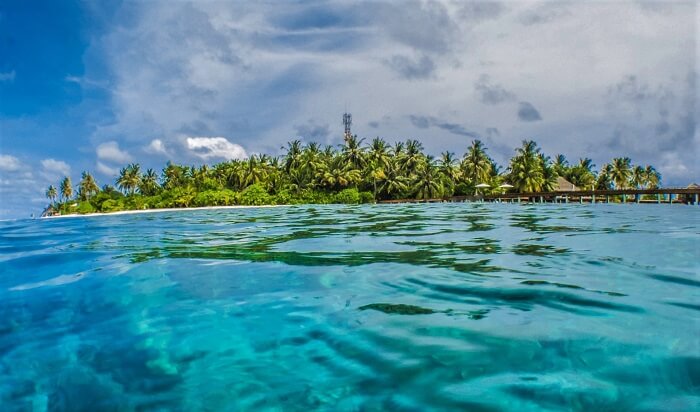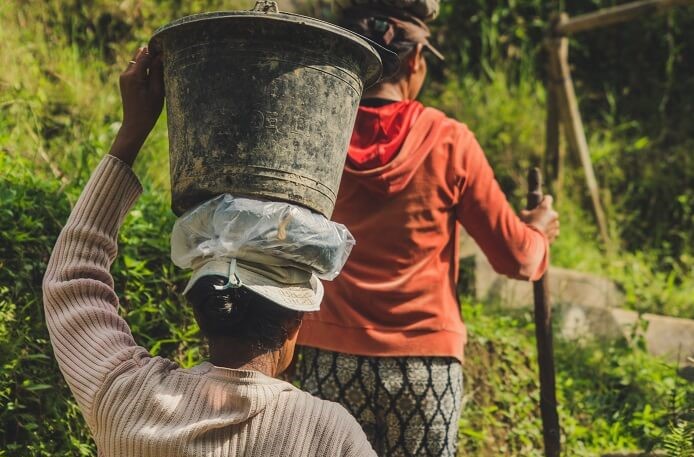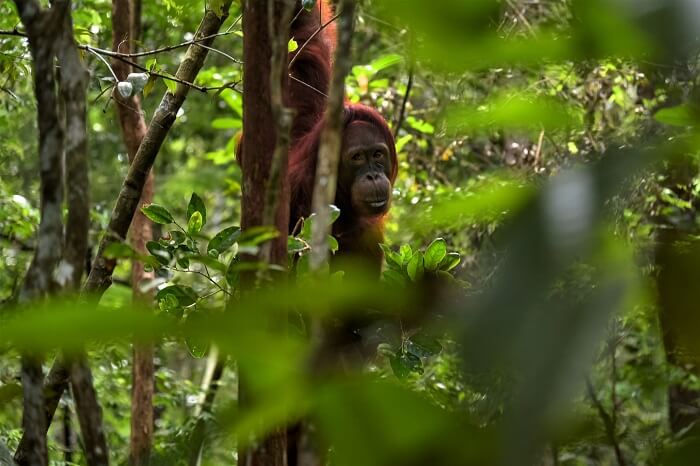Sustainable Halal Travel
Keeping sustainable halal travel at the forefront
We believe that travel should be a force for good. Especially for halal travel. That’s why we work to keep sustainable and responsible practices in our holidays as well as our day-to-day business. It’s imperative to be mindful of our environment, wildlife and communities. Consequently, we only partner with local travel companies and accommodations that truly care and showcase this support through their own initiatives.
What does sustainable halal travel entail?
Care for the environment
Caring for the environment should be inherent for all of us. It's also vital that we protect what keeps us alive. That's why through travel, we're aiming to connect travel companies and travellers to work together to achieve the same goal.


Care for the locals
Local communities have the opportunity to greatly benefit from tourism. The destinations we travel to for leisure, is their home. Therefore, it should be respected and the locals' hospitality should be fairly compensated.
Care for the wildlife
There are countless wildlife activities posing with a sustainable front. As a result, it can be difficult to distinguish the real from the fake. This is when a travel company can help. Wildlife tourism should work to conserve endangered species and protect their natural habitats.

Our responsible travel policy
Environmental
- We ask and encourage our clients to include a visit to at least one national park in their itineraries. This is because destinations, such as Thailand, that charge a small entrance fee use this income to support the local environment and economy.
- The destinations we offer at Rooh, tend to have very low drinking water quality. As a result, it’s common that bottled water is regularly purchased. Therefore, to counteract single-use plastics we inform our clients prior to travel to bring their own reusable filtered water bottles.
- The hotels and accommodation providers we choose and promote for our holidays all have their own initiatives to care for the local environment. This may be in the form of running their own organic gardens or using solar power.
- When feasible, we include public transportation methods such as local songthaews in Thailand or public ferries in the Maldives.
- All our clients’ personal itinerary booklets include information on how to respect the environment they’re travelling with simple tips.
- Our clients are encouraged to minimise waste when on a trip and to not leave their plastic waste in their destination.
- Our company does not rent or work in private offices and instead works 100% remotely. This minimises our energy consumption and carbon footprint as a business.
- We ensure to minimise printing of any paper or marketing collateral and instead use digital documents.
Economic
- In each of our destinations, we work with local travel partners and tour guides who are from those destinations.
- We always ensure to include elements of activities directly run and owned by locals. For example, our Phuket tours can include halal Thai cooking classes with Phuket Thai Cooking Academy.
- As part of our pursuit of creating authentic travel experiences, locally owned restaurants as well as hotels that benefit the locals play a big part in our itineraries. It’s a great way to experience first-hand life from the locals’ perspective. As a result, it ensures that the revenue generated from tourism remains within the local economy.
- To support local artisans our itineraries include recommendations on where and how to purchase local handicrafts and items to avoid.
Social
- The itineraries we design have a focus on providing travellers opportunities to explore the country’s culture and traditions in an authentic manner.
- We encourage our clients to visit historical sites, such as the first mosque in Maldives or the islamic Museum in Kuala Lumpur, to immerse themselves in the heritage of a destination.
- Our clients receive further information on the destinations’ local customs, sensitivities, do’s and don’ts as well as language tips.
- As well as advising our clients in visiting local projects, we also advise them to avoid others. For example, in Thailand we recommend clients visit The Elephant Nature park, a reputable and ethical elephant sanctuary in Chiang Mai.
- We ensure to only work with local guides in each destination from pick-up to drop-off. As a result, it’s a great way for our clients to interact with them and learn more about the culture during their trip.
